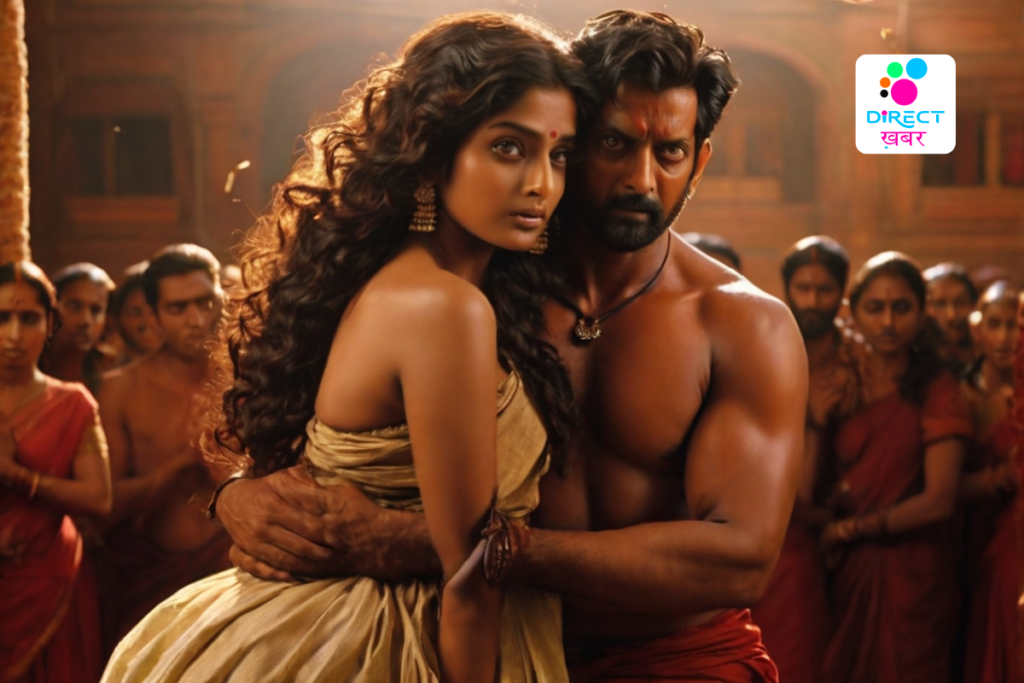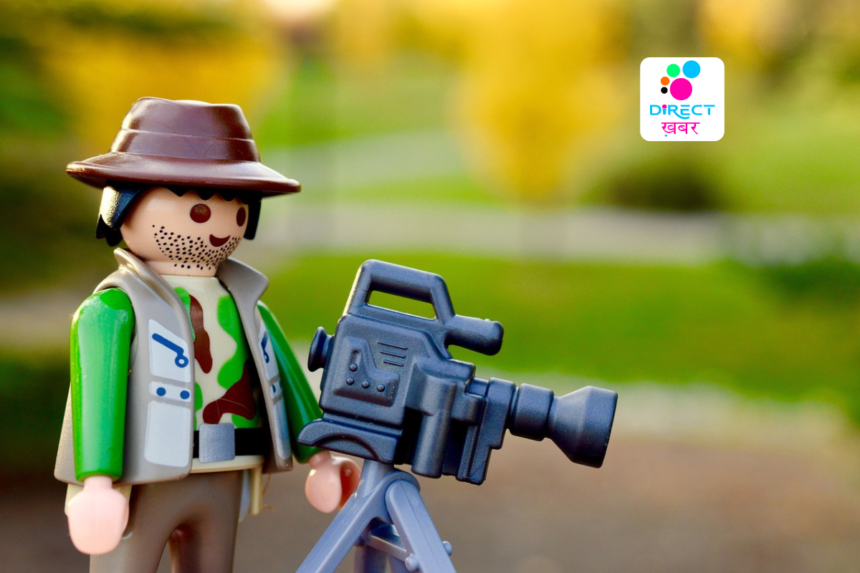Unraveling the Mystery: Bollywood’s Most Controversial Films
Bollywood, the Indian film industry, is known for its vibrant storytelling and captivating narratives. However, amidst its colorful tapestry, there lies a darker thread of controversy woven through certain films. These movies push boundaries, challenge societal norms, and often spark heated debates. In this exploration, we delve into some of Bollywood’s most controversial films, examining the reasons behind their notoriety and the impact they’ve had on Indian cinema and society.

1. “Fire” (1996):
“Fire,” directed by Deepa Mehta, ignited a firestorm of controversy upon its release. The film explores the taboo subject of lesbianism within an orthodox Hindu household. Set against the backdrop of contemporary urban India, “Fire” portrays the emotional and sexual relationship between two neglected wives, Radha and Sita. The bold portrayal of same-sex love within a conservative cultural context outraged traditionalists and religious groups, leading to protests and even vandalism of theaters screening the film. However, “Fire” also sparked vital conversations about gender, sexuality, and freedom of expression in India.
2. “Bandit Queen” (1994):
Based on the life of Phoolan Devi, one of India’s most infamous outlaws, “Bandit Queen” is a gritty portrayal of violence, oppression, and revenge. Directed by Shekhar Kapur, the film doesn’t shy away from depicting the brutal realities of caste-based discrimination, sexual assault, and societal injustice. Its unflinching portrayal of Phoolan Devi’s tumultuous life, including her experiences of rape and subsequent retaliation, stirred controversy and debate. Critics hailed it as a powerful exposé of social injustices, while others criticized its graphic depiction of violence and exploitation.
3. “Black Friday” (2004):
Anurag Kashyap’s “Black Friday” is a hard-hitting depiction of the 1993 Bombay bombings and the subsequent investigations. The film’s raw and realistic portrayal of the events, including the role of various factions involved, raised eyebrows and invited scrutiny. Due to its sensitive subject matter and potential to incite communal tensions, the film faced numerous hurdles in its release, including legal battles and censorship issues. However, its unflinching portrayal of a dark chapter in Indian history earned critical acclaim and sparked discussions about the role of cinema in addressing complex socio-political issues.
4. “Goliyon Ki Raasleela Ram-Leela” (2013):
Sanjay Leela Bhansali’s “Goliyon Ki Raasleela Ram-Leela” courted controversy for its alleged distortion of cultural and religious symbols. The film, a modern adaptation of Shakespeare’s “Romeo and Juliet” set in rural Gujarat, faced criticism from Hindu groups who accused it of hurting religious sentiments and misrepresenting Hindu traditions. Protesters vandalized sets and issued threats against the cast and crew, leading to heightened security measures. Despite the controversies, the film enjoyed commercial success and received praise for its performances and visual spectacle.

5. “Padmaavat” (2018):
Directed by Sanjay Leela Bhansali, “Padmaavat” became embroiled in controversy long before its release. The historical epic, based on the poem “Padmavat” by Malik Muhammad Jayasi, faced allegations of distorting history and misrepresenting the legendary Rajput queen, Padmavati. Several Rajput groups protested against the film, alleging that it portrayed Queen Padmavati in a derogatory light and included a romantic dream sequence between her and the Muslim invader, Alauddin Khilji. Despite Bhansali’s assurances and modifications to the film, including a title change from “Padmavati” to “Padmaavat,” the controversy persisted. However, “Padmaavat” ultimately triumphed at the box office, becoming one of the highest-grossing Indian films of all time.

Bollywood’s most controversial films have challenged societal norms, sparked debates, and sometimes faced outright hostility. From exploring taboo subjects like lesbianism in “Fire” to confronting historical events in “Black Friday,” these movies have pushed boundaries and tested the limits of freedom of expression. While controversies surrounding these films often overshadow their artistic merits, they have played a significant role in shaping conversations about identity, history, and social justice in India. Despite facing censorship, protests, and legal battles, these films have left an indelible mark on Bollywood and continue to provoke thought and reflection in audiences worldwide.






